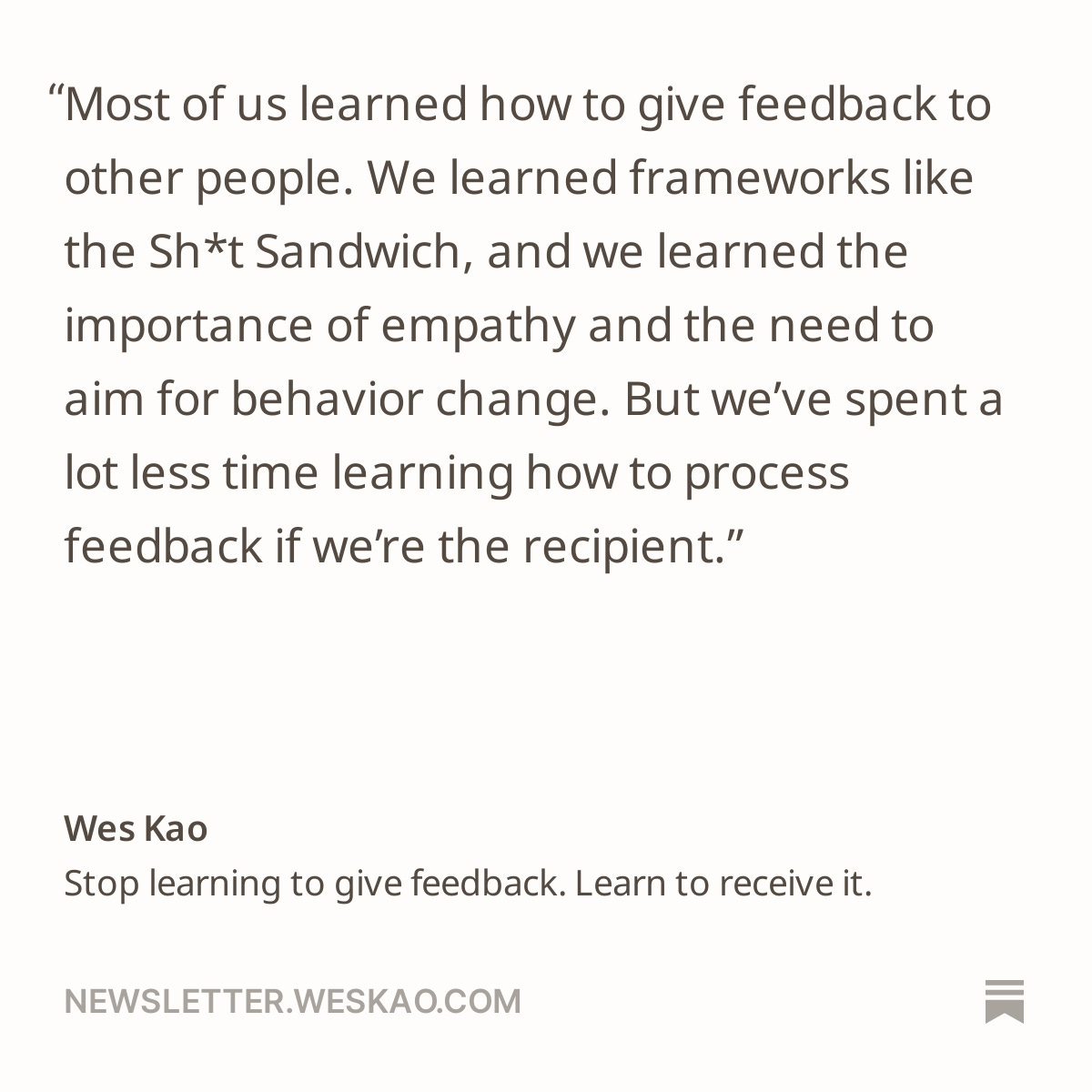Learning to Grow Through Feedback
the Importance of Feedback
I've come to value feedback for my growth as I reflect on my career journey. I remember a setback when I didn't secure the job I was aiming for despite going through many interviews ( hot or not?).
The job market is tough, and unless you create unique opportunities, it can feel like a battle to achieve your desired career and self-respect that a new role may fill.

Personal Background & Challenges
As a self-taught engineer, my path has been unconventional but enriching. My lack of a prestigious education has sometimes hurt my career, but it has also made me resilient. My homeschooling background caused some issues, like test anxiety, which can hurt my performance in interviews. Despite these obstacles, I've secured high-paying, challenging jobs. But the journey still brings new challenges.
Work-Life Balance & Real-World Challenges
To achieve the career growth we seek, we often face significant challenges. I interview almost every month; this keeps me fresh and lets me understand my current market value. In one interview this year, I felt underprepared, struggling to balance long work hours with managing young children. I had assumed that practising a few key areas would suffice, but the experience taught me otherwise. While hard work and sleepless nights are essential, they don't guarantee success.
Active Feedback Seeking
Recognizing the importance of growth, I've begun actively seeking feedback after interviews. While this isn't a common practice in the industry, it's often possible to obtain by following up. Typically, this feedback is provided over the phone rather than in writing, so I will take shorthand notes.
After participating in several hiring rounds, I gained valuable insights that helped me make meaningful adjustments. Although I didn't agree with all the feedback, I came to appreciate how different perspectives—shaped by various experiences and the roles I applied for—offer valuable insights. These diverse viewpoints help me identify areas for self-improvement.
Current Status & Future Goals
Interviews are a growth opportunity, and I will share the feedback on this latest one with you.
For example;
"When solving a problem, start with the big picture. Then, ask more questions when diagramming. You solved the problem but it took too long." - interviewer.
Learning 1. Okay, so there are a few things here. First, I should have asked more questions about the problem. I got nervous, so I started solving it before I clearly understood the issue.
Learning 2. Start at the top and work your way down rather than from the bottom up.
In retrospect, this seems straightforward, but I took my notes from the feedback and improved my thinking. Some feedback was more personal. I swore once, which I'm working on. Another time, I felt the engineer needed to be corrected. It took a lot of work to get them to see my solution, and I felt that my communication could have been clear and concise.
Practical Steps for Handling Feedback
Through this journey this past year, I've developed a systematic approach to processing feedback:
Express gratitude and document the feedback received. This is important.
Analyze feedback objectively. Separate emotions from actionable insights. This is the hard part.
Create specific action items for improvement; for example, I solved a problem by starting with the details rather than at the high level.
Set realistic timelines for implementing changes.
Track progress and adjust strategies as needed.
My career journey has taught me that feedback, while sometimes challenging to receive, is a tool for growth. It's not just about hearing the feedback - it's about creating a systematic approach to processing and acting on it. While my path as a self-taught engineer presents unique challenges, each piece of feedback brings me closer to my career goals.



